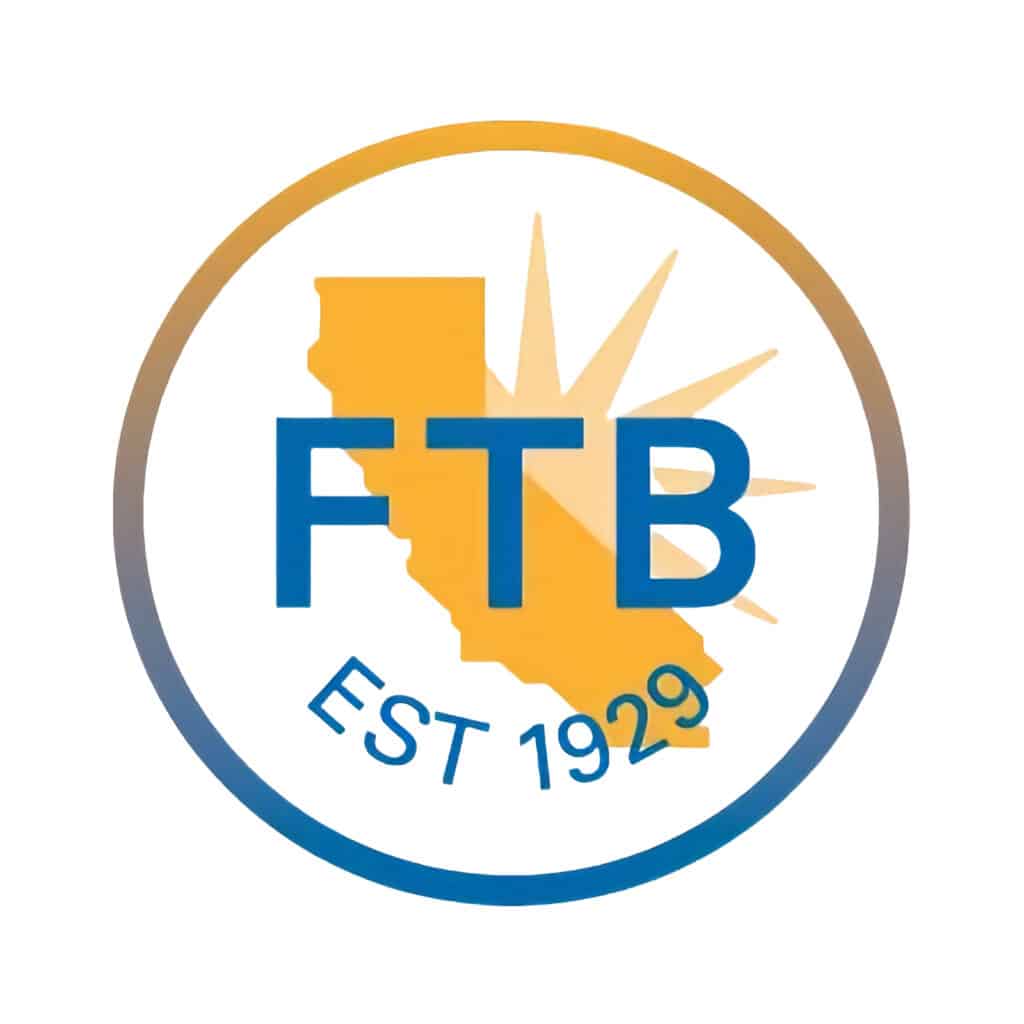
Three Types of FTB Audits
As with all taxing authorities, the California Franchise Tax Board or FTB, conducts audits of tax returns. There are three types of FTB audits. This blog post will discuss the three types of FTB audits California Taxpayers may face.
The first type of audit is a regular audit. This type of audit usually occurs on a random basis and may be triggered by a state or federal agency. The audit involves a review of a taxpayer’s records such as bank statements and receipts to determine whether the taxpayer’s return contains any errors. At the end of the audit, the FTB auditor may issue a Notice of Proposed Assessment. The taxpayer has the right to file an appeal to the Notice of Proposed Assessment and receive an Appeal with the Office of Tax Appeals or settle the proposed assessment through the FTB settlement program.
While the next type of audit is not technically an audit, it is nevertheless a procedure the FTB can use to assess a tax against a taxpayer. If a taxpayer does not file a California State income tax return, the FTB can file a return for the Taxpayer using estimates. The law gives the FTB broad latitude in estimating income, so it is not unheard of for the FTB to produce estimates which are far from a taxpayer’s actual reality. The FTB may estimate income not only based on documents like W-2s and 1099s, but often estimates income off a Taxpayer’s profession or some other factor.
The third type of audit is an audit based on a Federal Assessment. If the IRS audits a taxpayer and finds a deficiency, the IRS will communicate its audit results to the FTB. The FTB will then issue an assessment based on the Federal Assessment. For example, if an IRS audit finds a taxpayer under-reported his income by $25,000, the FTB will issue an assessment based on the IRS’ findings of $25,000 of under-reported income. While the FTB presumes the IRS assessment is correct, the taxpayer can refute the assessment by providing evidence such as receipts or other information attacking the federal assessment.
There are steps California residents and non-residents should take to avoid a hefty FTB audit bill. The first step is to timely file California income tax returns or non-resident returns. The FTB is aggressive in pursuing non-residents who have or had any sort of connection with the state. It behooves a person who resides outside of California to file a state tax return when in doubt. California residents and non-residents (particularly those non-residents who have left California) should make sure their address is up to date with the Franchise Tax Board. Our office receives far too many phone calls from clients who have been blind-sided by the FTB because they moved out of state and fell out of communication with the FTB.
RJS LAW and its experienced attorneys provide a myriad of legal services, including assistance with IRS/FTB audits, international tax services, and complete Trust and Estate work. If you have questions concerning issues with a taxing authority or need wealth transfer advice, please call our office at 619-595-1655 for a free consultation.
Written by Joseph Cole, Esq., LL.M.

Leave a Reply